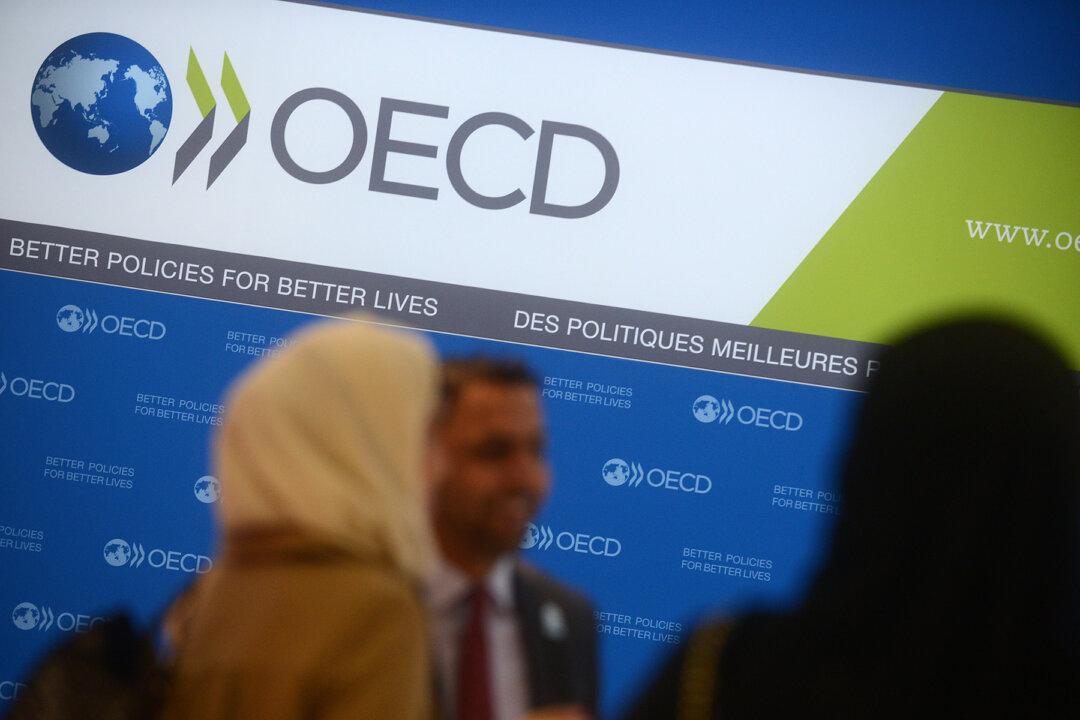The Organisation for Economic Co-operation and Development (OECD) says Australians are unlikely to experience any more interest rate rises in 2024.
In a newly released global economic outlook report, the OECD outlined its forecasts for Australia’s economic conditions in the next two years and the likely actions of the Reserve Bank of Australia (RBA).





